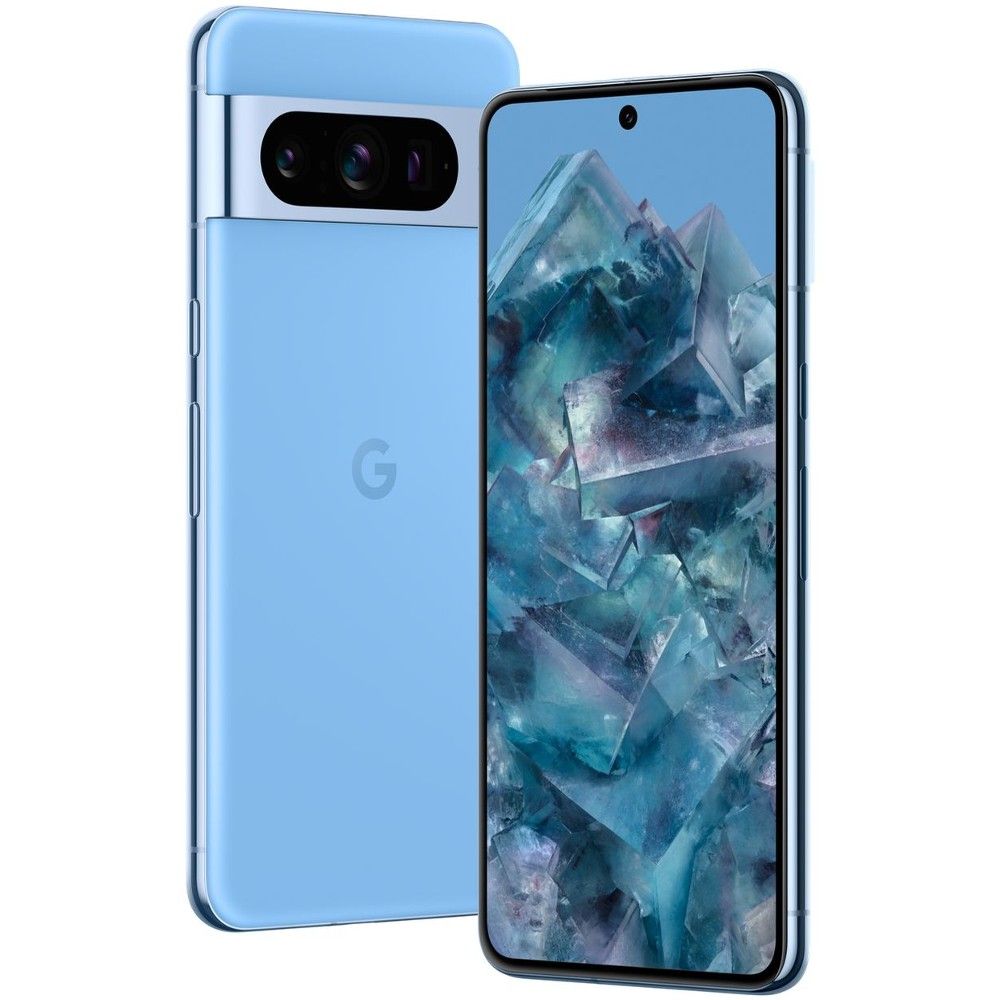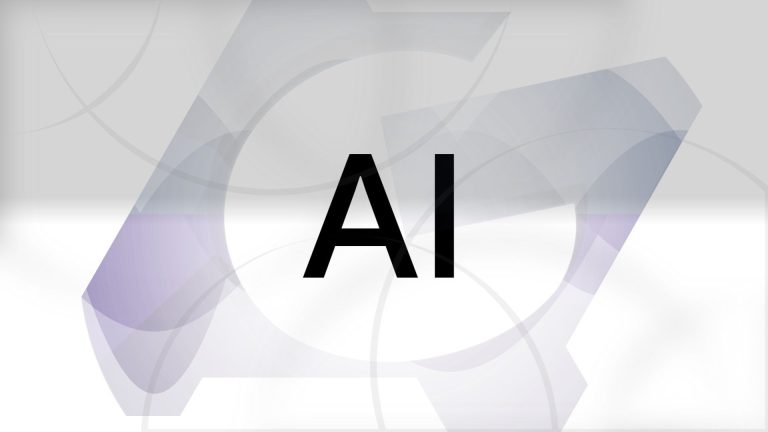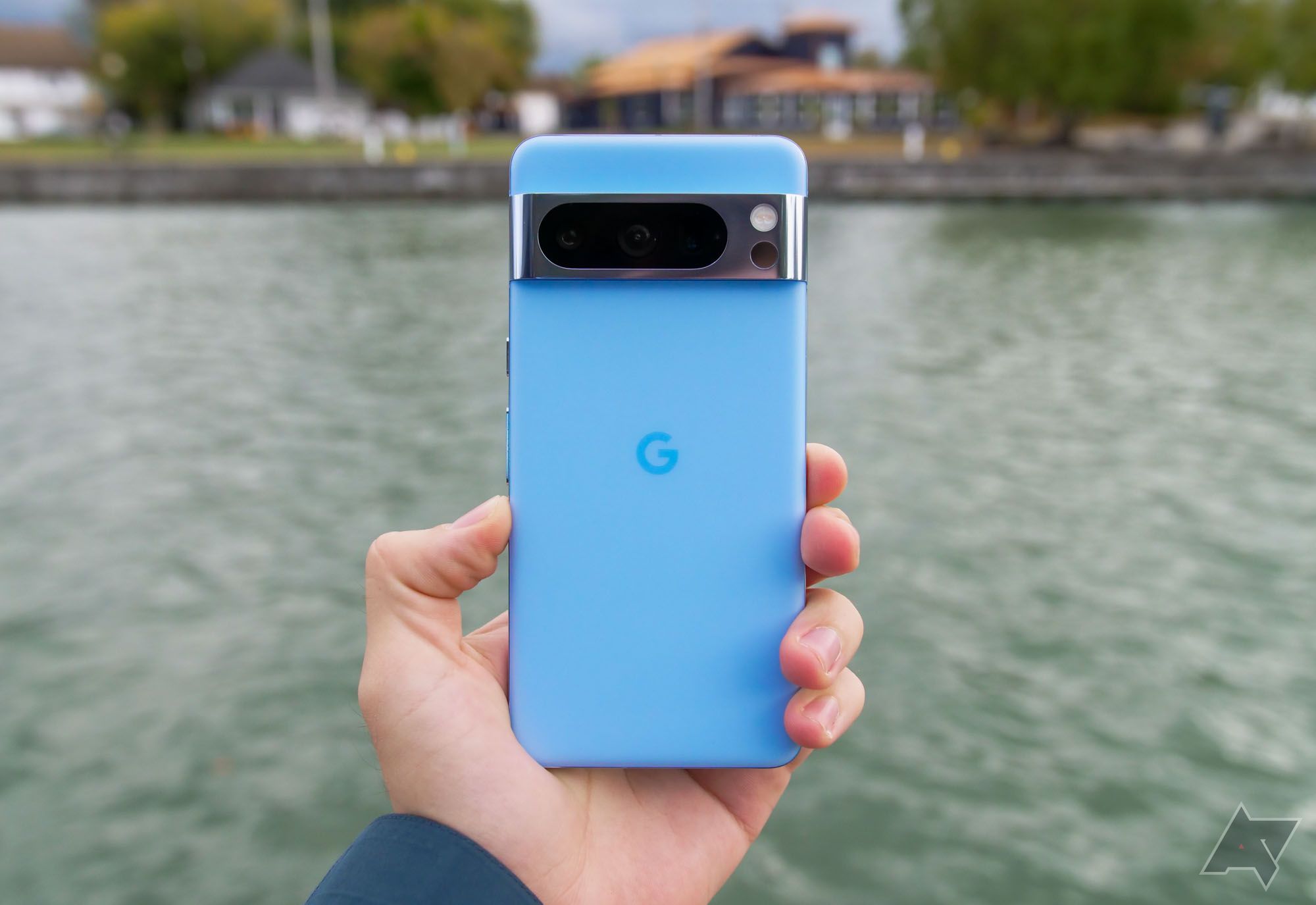These days, I can't go anywhere without seeing a smartphone or AI device. These buzzwords seem to be used by companies to increase the value of the product. I'm pretty sure it's in the air fryer I got for Christmas – who doesn't want AI bacon? It reminds me of companies using terms like “blockchain” or “internet” to help support projects in years past. If you had a struggling stock in the 1990s, adding “Internet” to your business plan increased your valuation overnight. A few years ago, if you had a game or an idea for a service, implementing blockchain technology would give your project credibility – but not so much anymore.
But unlike previous hype tools, AI has great potential in consumer products, so I'd hate to see it become a cheap slogan slapped on everything. And with companies like Samsung and Google looking to make it available in every product from smartphones to the world's most popular search engine, it looks like it's a tool that's here to stay — as long as companies can figure out what to do with it.
Artificial intelligence is overwhelming
I can't tell you how many times I've sat at a ChatGPT prompt without knowing what to type. Apparently I pay $20 a month to ask what it would be like to have my cat cheer for my beloved Miami Dolphins (Editor's Note: Go Bills). I know he's capable of so much more, but it's almost too open. Where am I supposed to start?
To convince me that AI is the future of smartphones, companies need to focus the vast capabilities of AI on rapid improvements to apps and features. I don't want to sit there and figure out where AI can help the most; I want developers and manufacturers to determine which features of their devices work best with AI.
Google does it best
With the Pixel 8 Pro, Google is showing what AI in smartphones could (or should) look like. The company's Gemini AI model is scalable, allowing it to work on multiple classes of devices. Google is using Gemini Nano software for smartphones starting with its latest flagship products, promising productivity improvements and improving Assistant capabilities with Bard while handling computing on the phone — without requiring cloud access.
Currently, Gemini is only used in two apps, but the company promises more integrations in the future. Even with a small sample size, we get an idea of the improvements AI can bring to software without the need for user expertise. Summarize in Recorder is a great tool, giving users the ability to summarize long interviews or lectures into highlights – without the need for an internet connection. Even if you're not asleep during class, the AI serves as a useful backup, picking up information and points you might miss during the broader presentation.
Google wants AI to enhance software so the user doesn't have to figure out what they want to do to get the best result.
Smart replies in Gboard may initially seem a bit frustrating, but they lead to better contextual responses in apps like WhatsApp. Gemini will follow the conversation, adapt to tone and topic, and frame responses in your voice – your friends won't feel like they're getting a response from a bot, and you can keep your eyes on the road.
Video Boost and Night Sight video aren't specific to Gemini, but these features highlight Google's uses of artificial intelligence via its computational models. Lighting and color adjustments, stabilization assistance, and noise reduction are all powered by AI, providing crisp, clear video that might otherwise be limited by raw data coming through the camera. Some features, like Best Take, are a bit more controversial, but Google's overall direction is clear — the company wants AI to enhance software so the user doesn't have to figure out what they want to do to get the best result.
And while I don't agree with Google's limitations on Gemini features — the Pixel 8 is powered by the Tensor G3 last time I checked — I do agree with the trend of focusing AI on serving consumers better.
Not to be outdone
With the upcoming Galaxy S24 Ultra, Samsung aims to create its own AI splash. This comes after the launch of the Snapdragon 8 Gen 3, where Qualcomm showcased the AI improvements enabled by the new chipset. Samsung plans to use AI models in its photo and video software, fix lighting issues and remove any graininess – stop me if you've heard of these features before on another device. As with Google, Samsung's approach combines server-side computing with on-device computing.
I'm not saying Samsung is trying to imitate Google; All cars have steering wheels, but the battle lines where companies are trying to convince us of the benefits of AI have clearly been drawn, and Samsung is determined to join the fight with the S24 Ultra. I hope Samsung doesn't find artificial ways (groans) to charge more for a device that relies on AI features. I'm appalled at the thought of seeing the S24 Plus being underpowered in the same way as the Pixel 8, with features hampered despite having enough horsepower. One thing is for sure: If companies can find a way to get a few extra dollars from us, they will.
Will everything work?
If AI doesn't take over smartphones, it won't be for lack of trying, as Google and Samsung appear willing to invest significant sums to make it successful. While I don't doubt the capabilities of AI, I do doubt companies' ability to commercialize and implement the technology properly, which leaves me relatively unconvinced in the short term — but I'm enjoying my cat in a Dan Marino shirt in the meantime.

Google Pixel 8 Pro
$799 $999 Save $200
The Google Pixel 8 Pro with Tensor G3 leads the way in the field of artificial intelligence with many useful features. Gemini Nano allows for on-device AI computing for Summarize in Record and contextual responses on Gboard, with many new features promised in future updates. It also has a Super Actua display, giving the Pixel 8 Pro the best brightness ever on a Pixel device.




